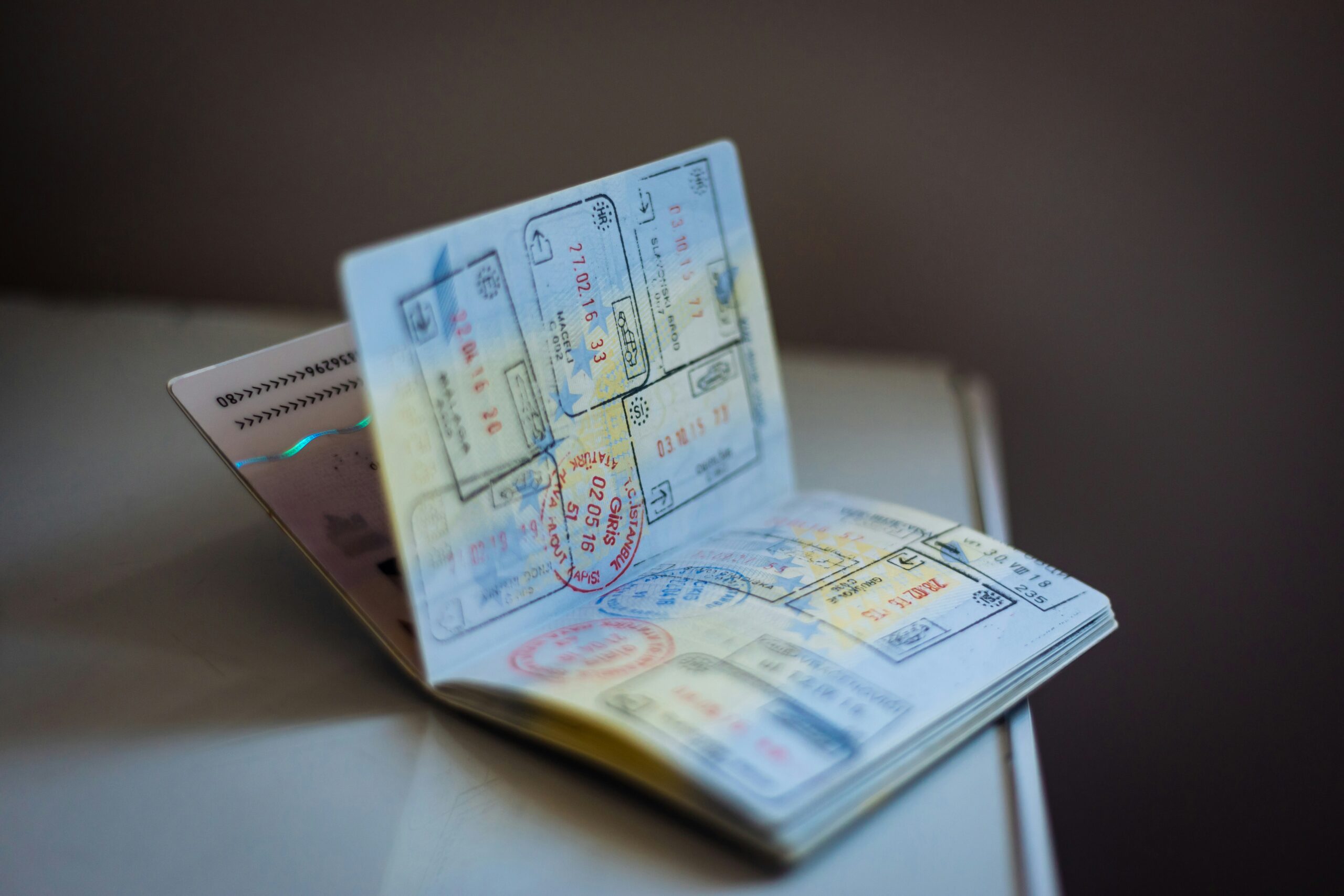While individuals living in India are permitted to purchase real estate in the Republic of Croatia under the same terms as citizens of the Republic of Croatia, they must first obtain permission from the Ministry of Justice of the Republic of Croatia through an administrative process. The new owner was unable to register his ownership of the land he bought without this consent.

The only exception to this provision is agricultural land, which is prohibited from being purchased from the EU by foreign nationals until June 2020.
Regarding non-EU nationals, there is an additional criterion. Only individuals from nations with which Croatia has reciprocal ownership rights agreements may initiate administrative procedures and request the Ministry of Justice’s approval.
As a result, other non-EU citizens from nations with whom Croatia does not share the reciprocity principle in the acquisition of ownership of their residents’ real estate are not permitted to do so as natural persons.
However, they also have another choice. They might choose to establish a business in Croatia, most frequently a limited liability company (abbreviated d.o.o.). They may come into possession of the property in their capacity as shareholders of corporations with Republic of Croatian headquarters.
Don’t forget your taxes
In addition to the purchase price while purchasing a home in Croatia, the buyer might also have to pay real estate taxes (PPN). There are two ways to describe the height of this tax. It is either 3% of the purchase price of the property or 3% of the Croatian Tax Administration’s estimated value of the property.
This will happen if the seller fails to account for value-added tax (VAT) when selling the property, as shown by the seller’s purchase contract or invoice.
The Tax Administration of the Republic of Croatia must have a copy of the purchase agreement from notaries before deciding on the need to pay real estate taxes.
The buyer is required to declare the obligation to pay Croatian real estate sales tax within 30 days for any real estate that has not been subject to value-added tax on the sale if a notary does not certify the real estate transfer documents.
Taxes apply to everyone; a non-EU foreign national who needs the Ministry of Justice’s approval becomes taxable as soon as they receive that approval.
Check how the real estate is zoned
If the property is zoned for residential or agricultural use, you must confirm this.
Because not everyone can own agricultural property, the zone type is crucial. Through 2023, it is illegal for anyone who is not a citizen of Croatia to buy agricultural land.
However, if purchased through a Croatian firm they own, non-Croatian citizens may own land for agricultural use. Even so, it is still not as easy as it seems. There are numerous hurdles to clear.
Get the contract ready
The buyer, or more precisely, the buyer’s attorney, often drafts the sales contract. You can ensure the protection of your interests, possessions, and financial resources in this way.
The contract will specify the deposit requirements (if any) and the purchase’s conditions. The customary “kapara” deposit amount is 10%. The buyer forfeits the deposit and the property if they don’t complete their part. The vendor is required to return the buyer double the money if they don’t fulfill their end of the bargain. You must obtain notarized copies of the contract for both the buyer and the seller. A javni biljeznik notarizes contracts (notary public).
You must submit a request to the Administrative Department for Construction and Physical Planning to learn how a property is designated.
If the property is residential, you must obtain a certificate proving it (even if you are not Croatian). There is a 40 kuna fee.


